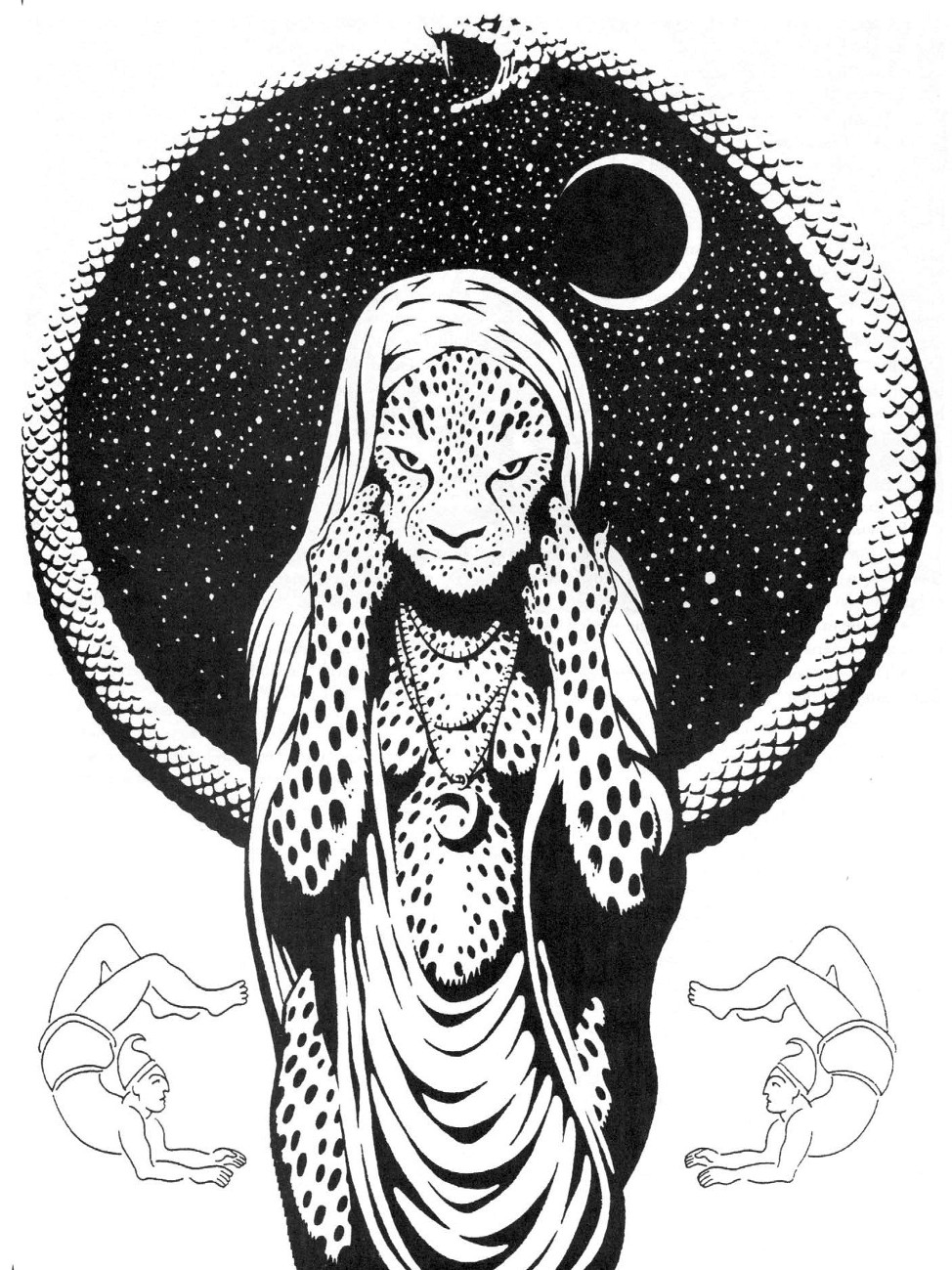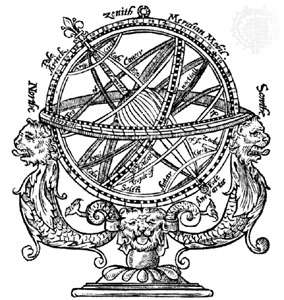St.Calenda's Wandering Pageant, Odeum & Lunar Fair
Quotes
"Another day in this carnival of souls"
"Another nights ends, end as quickly as it goes"
"The memories are shadows; ink on the page"
"And I can't seem to find my way home"
"All the places I've been and things I've seen"
"A million stories that made up a million shattered dreams"
"The faces of people I'll never see again"
"And I can't seem to find my way home"
-- Far From Home by Five Finger Death Punch
Caveat Emptor!
From caveat, "may he beware", a subjunctive form of cavēre, "to beware" + ēmptor, "buyer") is Latin for "Let the buyer beware". Generally, caveat emptor is the contract law principle that controls the sale of real property after the date of closing, but may also apply to sales of other goods. The phrase caveat emptor and its use as a disclaimer of warranties arise from the fact that buyers typically have less information about the good or service they are purchasing, while the seller has more information. The quality of this situation is known as 'information asymmetry'. Defects in the good or service may be hidden from the buyer, and only known to the seller.
Testament of Saint Calenda: History of the Wandering Pageant
But when the amphitheatres became only empty shells, the old performers did not suddenly disappear. You would find them straggling over the highways of this old Roman world, stopping at a barbarian court, drawing a crowd at a fair: the weight-lifter, the acrobat, the daring horseback rider, the man leading a bear. As an after-image in the European mind, perhaps in the living linkage of the flesh, from generation to generation, handing on their arts from parents to children, sometimes greatly venturesome, but no longer committed to death, the old circus folk perhaps continued their play. The monks' chronicles would not notice them, nor, if aware of their existence, even be able to identify them. But as shadow or substance, the circus remained in existence and eventually came back to life in the modem city. Expunged of their Roman sins, the surviving circuses and menageries still recall the Roman way of life. They remind one, too, that Rome itself was once upon a time ‘the greatest show on earth’.
-- Lewis Mumford, The City in History: Its Origins, Its Transformation, and Its Prospects.
Locations & Attendants: Places of Interest and the Dwellers Within
St.Calenda's Wandering Pageant, Odeum & Lunar Fair is made up of numerous locations, great and small, that make up the warp and weft of not only the day-to-day entertainments, but of the behind the scenes pageant members lives, loves and tribulations. The pageant comprises seventy odd wagons and half as many tents, but only a dozens or so seem to have enough significance to count as landmarks in the nebulous night-scape of this traveling circus. Many of the locales serve as focal points for pageant-goers and pageant-folk alike.
- The Wyrdling Wall -- That which divides the Pageant from the Outside World.
- Arcadia Minor -- Shard Realm of the Fae
- Athenaeum -- The Five Mystics
- Bestiarium -- A Medieval Zoo
- Brotherhood of the Blade -- Guardians of the Pageant
- Canvas of the Mother -- The Grand Pavilion
- Grotesquery -- The Freak Show
- House of the Profligate -- The Houses of Pleasure
- Odeum -- A Guild of Medieval Entertainers
- Pavilion of Asclepius -- Healers of the body, mind and soul {Lost some members, others may be injured.}
- Shanty of Fools -- Priesthood of the Profane
- Shrine of Kairos -- Temple of Opportunities
- Tent of Vulcan -- Pavilion of Creation and crafting
- Tent of Dionysus -- The Nomad's High Hall
- Wagon of Impedimenta -- The Baggage Wagon {Destroyed}
- Truckle Tents -- Campfollowers of the Pageant
Mementos: Stories of the Dead Pageanteers
- Arnviðr -- The Varagarian {Russian} [Beheaded in Erdach Kodesh in June of 1096]
- Fedelmid -- Abortionist / Midwife {Celt} [Ancient member - she was killed in Erdach Kodesh in June of 1096]
- Sahak -- The Conjurer {Armenian vampire of the Ravnos}
- Bes -- The Elder Dwarf -- {The Egyptian dwarf named Bes has been with the Pageant as long as anyone can remember.}
- Kesali -- An orphaned Roma girl, who has been taken in by the pageant; she has recently taken shelter with Giulia the bearded-lady after the death of her friend Sahak. [Deceased]
- Aldo -- The Retinue's latest acquisition, Aldo's child's body and adult attitude make him a valuable commodity and he also serves to control his more emotional brother Theo. {} [Deceased]
- Theotleip -- The second of the Retinue's most recent additions, his athletic body, boyish ways and beauty serve to make him a jewel among the Erotes whose services do not come cheap. A favorite among homosexual pedophiles, he serves as the most recent honey-pot of the Erotes. {} [New Member]
- Belenus -- The Erlking {Deceased: Killed in Rome by Frater Eadweard, October of 1094 A.D.}
- Einarr -- The Giant {} []
- Landebert -- Drover Boy {} [Deceased - murdered in Mainz in the later days of May, 1096]
- Waramunt of Hasek -- White Rabbit [Waramunt died a horrible death in Erdach Kodesh during June of 1096]
- Yellow Tents -- Worshipers of Fire [As far as anyone knows, all 7 or 8 members of the yellow tents died recently in Erdach Kodesh - June 1096]
Intrigues: Camps Within the Pageant
Things Unique to the Pageant
- Secrets: St. Calenda's Wandering Pageant -- Anyone who deals with the circus for a period of time gains some level of knowledge about its inhabitants and the magic around it. This knowledge reflects that.
- On the Nature of the Soul: The number of soul points a character possesses is equal to twice the value of that characters permanent Willpower. i.e. if a character has a permanent Willpower of 6, they have 12 soul points. When the Pageant is in control of all of the character's soul points, they will be possibly consumed by the Management of the Pageant.
Antiramhyras Device
Stories of The Wanderers
- The City of Memory -- Alexandria 1096
- Paris
- Trier
- Mag Nell
- Erdach Kodesh: The Land of Ascendance
Websites
https://en.wikipedia.org/wiki/Medieval_theatre
https://en.wikipedia.org/wiki/Pageant_wagon
https://en.wikipedia.org/wiki/Last_Act_in_Palmyra
https://en.wikipedia.org/wiki/Mystery_play
http://medievaltheatre13.blogspot.com/2010/05/movable-stage-pageant-wagon-by-lesley.html

